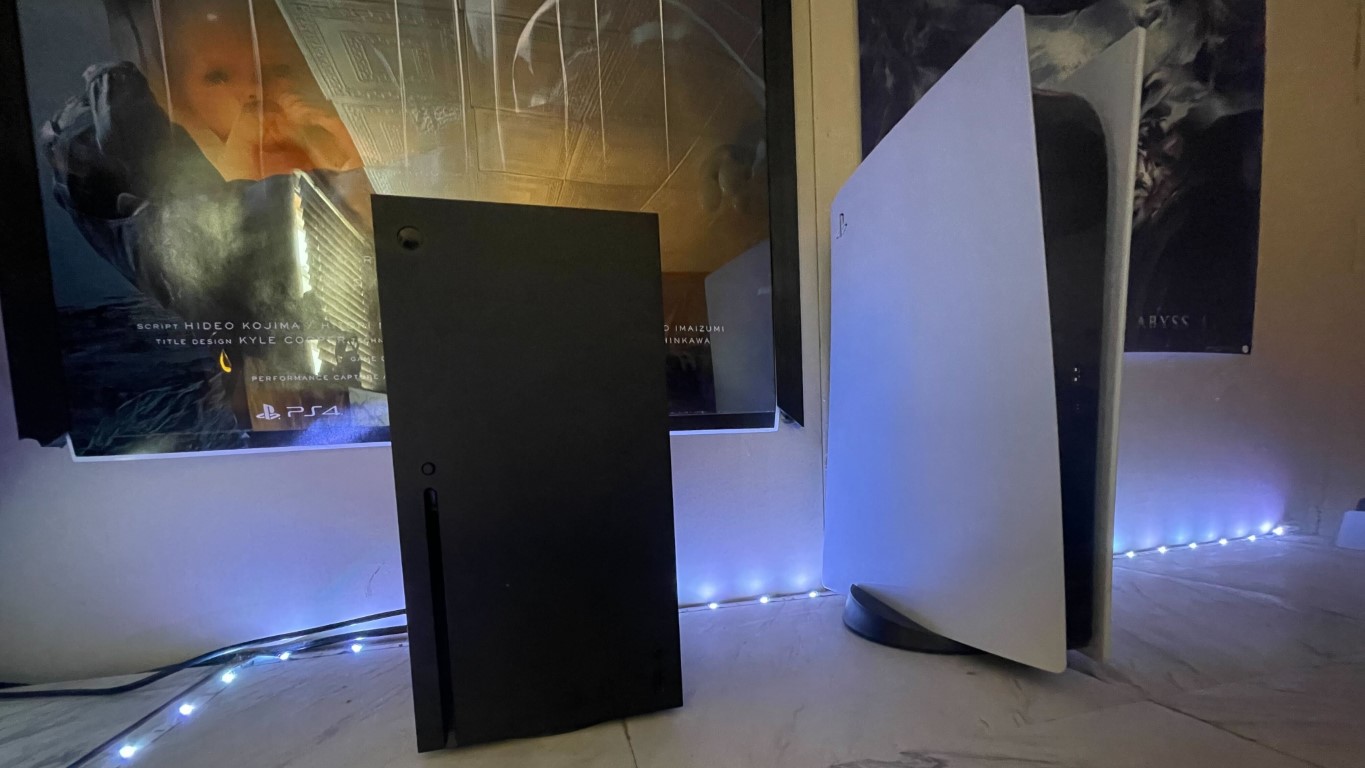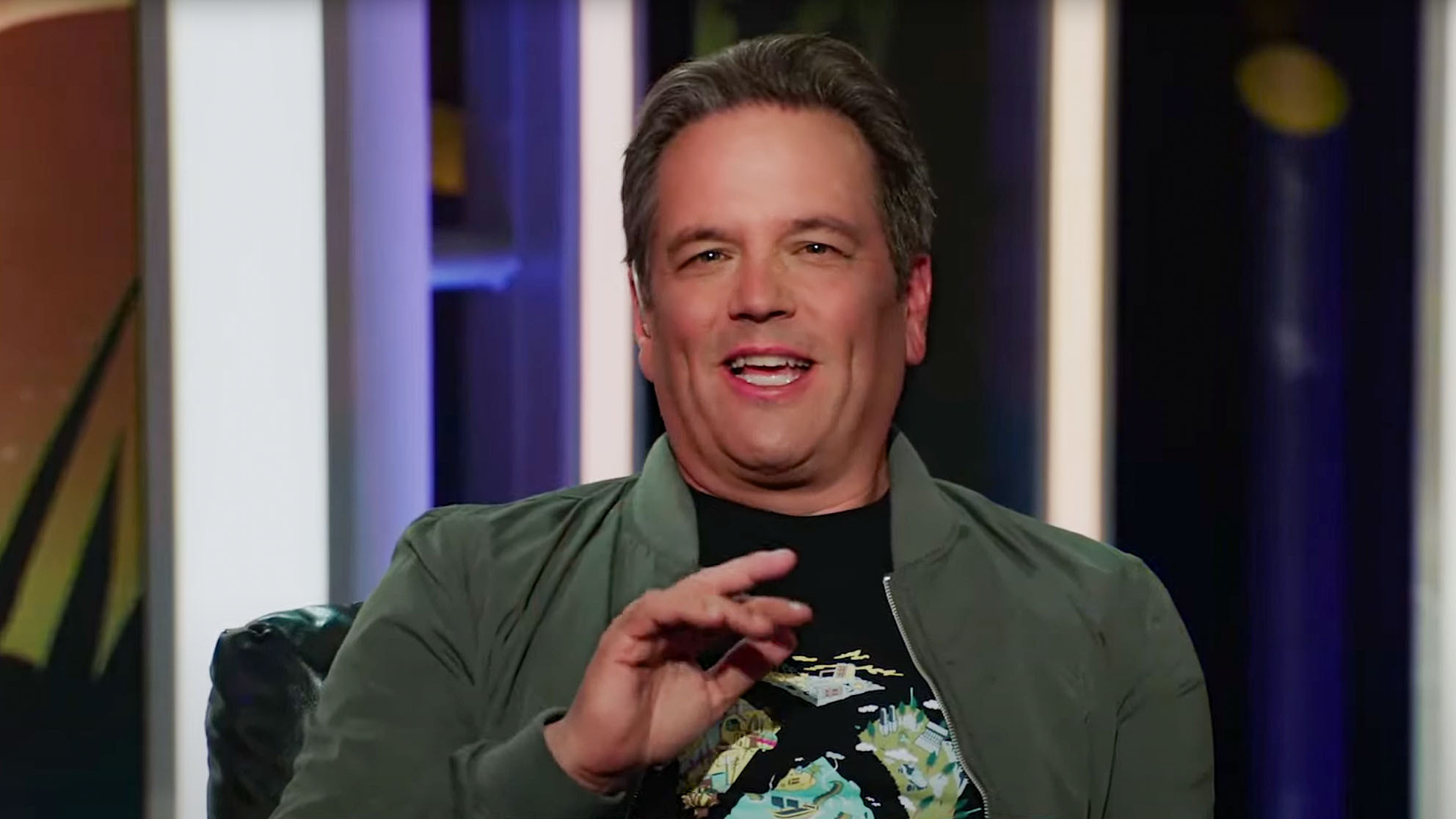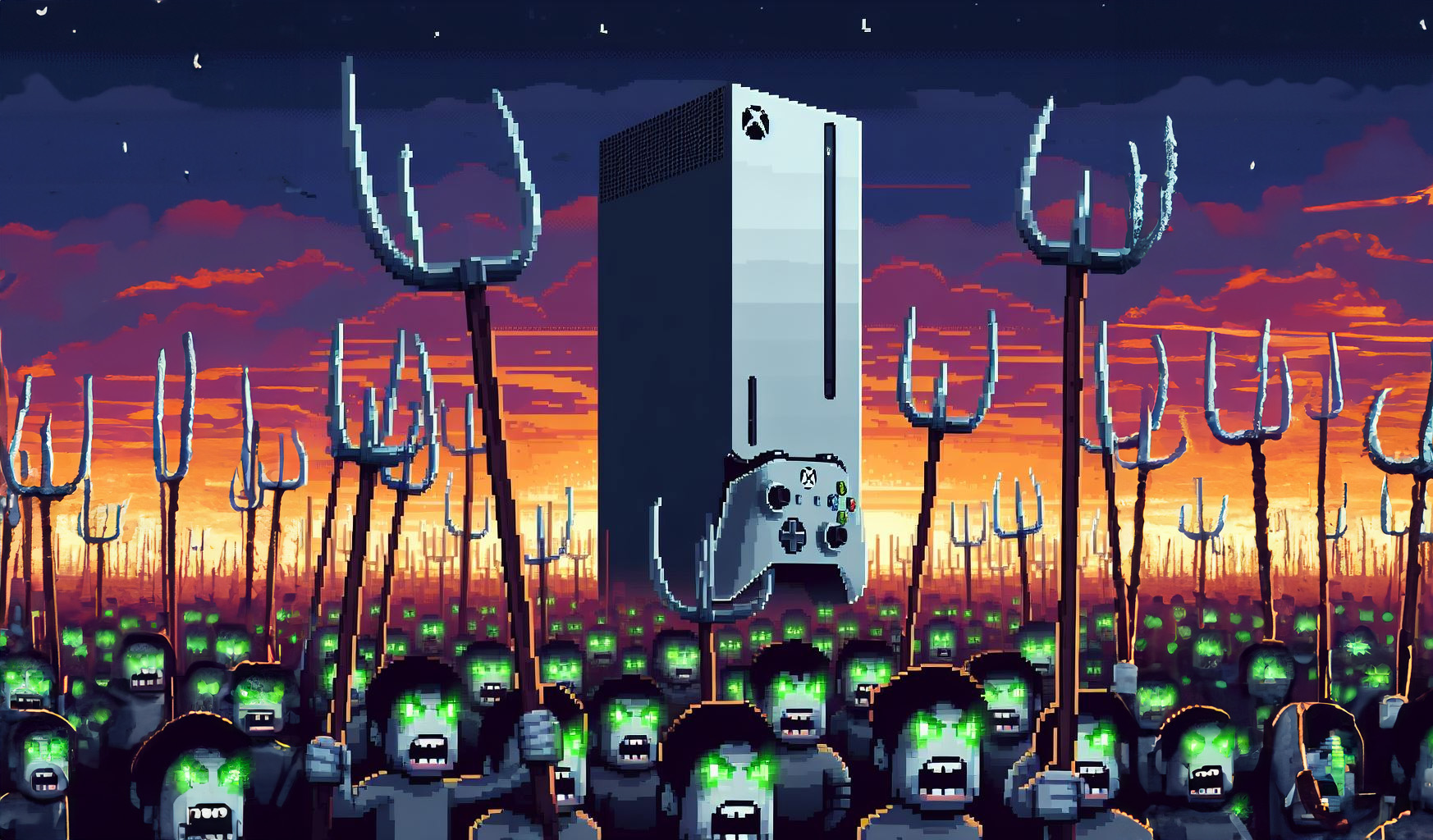
The ongoing drama regarding the future of Xbox and exclusive games on the platform is reaching a head. We've seen everything from civil discussion to toxic attacks on social media. While harassment isn't warranted, there is a worthwhile discussion to be had regarding if Microsoft should have its games be exclusive to the Xbox platform.
Rumors of Hi-Fi Rush and Sea of Thieves potentially launching on PlayStation or Nintendo Switch reignited the debate about exclusivity. Since those reports came out, questions emerged regarding the future of Xbox hardware. There are a lot of unanswered questions right now. Hopefully, Microsoft will answer those with its upcoming "business update event."
"We're listening and we hear you," said Microsoft Gaming CEO Phil Spencer earlier this week. "We've been planning a business update event for next week, where we look forward to sharing more details with you about our vision for the future of Xbox. Stay tuned."
I'd love to know where people stand regarding Xbox exclusivity. It's easy to see loud voices on social media and assume they represent most people, but that's not always the case. Please vote in the poll below and hop into the comments to continue the discussion.
Of course, when I refer to exclusivity I mean on consoles. Many of Microsoft's games are already playable on PC through Steam.
Does it make business sense?

From a business perspective, there's an argument for putting more games, or even all Microsoft-made games, on PlayStation or Nintendo Switch. Games like Sea of Thieves benefit from having large user bases, and Microsoft benefits financially from having more people purchase their games. Plenty of people already have their console of choice, so realistically Microsoft will never get those people to purchase an Xbox console and games currently exclusive to Xbox.
Our Jez Corden explained the layers of the situation:
"Indeed, Microsoft is prolifically good at monetizing its vast audience, even without counting Activision-Blizzard's MAUs as part of that whole. When you factor in massive games like Minecraft, which are on every platform on earth, it becomes easy to understand why. When it comes to pure, cold math, games like Sea of Thieves, Halo Infinite, or Starfield would also perform far, far better if they were also available across every platform out there. And the margins are far better on paper than a raw console sale. In fact, if someone picked up an Xbox just to play Starfield and nothing else, it could account for a net loss vs. if they'd just picked it up on Steam instead. That Xbox console is barely a profitable sale in its own right, if at all, and Microsoft will instead bank on the idea that those users will go on to subscribe to Xbox Game Pass, maybe buy some Diablo 4 microtransactions, or potentially explore other games in the ecosystem."
Microsoft has made a mountain of money under CEO Satya Nadella's leadership. It's hard to argue about the financial success of the company under his leadership. Part of the journey to riches involves supporting other platforms. The Microsoft of 2024 has software and services on Linux, Mac, Android, PlayStation. Azure cloud services are used by rivals and allies alike.
There's a potential future where Microsoft games and Xbox Game Pass are on several platforms. But there's no guarantee that's a good business decision. It may also hurt consumer trust.
Where's the line?

If Microsoft does choose to be more cross-platform with its games, where do you draw the line? Which games should be Xbox exclusive? If Sea of Thieves can get a second life by launching on PlayStation, wouldn't the same be true for Halo Infinite or other titles? Couldn't Microsoft make a fortune selling Forza, Gears of War, and other titles on more platforms? Are timed exclusives the solution? If so, how long should Microsoft keep its IP exclusive to Xbox?
Launching games on other consoles could weaken the Xbox platform, according to Corden:
"If Xbox has no console exclusives, if Xbox begins giving up, or begins creating an inconsistent world where you can expect to see games like Hi-Fi Rush or Sea of Thieves on other platforms at some point — it devalues, heavily, the entire Xbox proposition. Every game that Microsoft announced would become a debate over when or if it would come to other platforms, even if Microsoft professes "only some" games will come, or that it'll be a "case-by-case basis." The lack of transparency is maddening enough, but it's not hard to follow the probable outcome of these policies, and that could be the death of the Xbox hardware platform in its entirety."
A potential snowball effect could occur as well. If people don't buy Xbox consoles because their favorite titles are on PlayStation or Nintendo Switch, third-party developers may stop prioritizing Xbox.
Microtransactions are a dirty word to some, but they do make companies a lot of money. If third-party developers focus on PlayStation and console gamers do the same, Microsoft would lose out on revenue from microtransactions.
What about the people?

Of course, the debate isn't just about what makes business sense or even what would get the most people to part of the player base of various titles. Microsoft has a long history of canceling products and services. Our readers are all too familiar with the history of Windows Phone. There's even a Microsoft Graveyard to remember all the killed off projects and platforms.
Moving away from Xbox exclusivity could weaken the platform. There's a fear among general consumers and members of the media that Microsoft could shift away from Xbox hardware altogether. If that happened, libraries of games would get left behind and Microsoft would offend and upset millions of people.
I'll close with more from Corden, as he has a wide perspective on this drama and insight from years of gaming, insider sources, and even an interview with Xbox CEO Phil Spencer:
"Microsoft's plans to reduce competition potentially helps nobody beyond today's shareholders, and today's exec bonus packages. As much as PlayStation fanboys might think (or claim to think) they want the death of Xbox, they don't want to see what a game industry looks like with only 1 major high-end console player. There'd be no reason to put a cap on the price of console games, there'd be no real reason to invest in first-party exclusives either, at least not as prolifically as we've previously seen."







